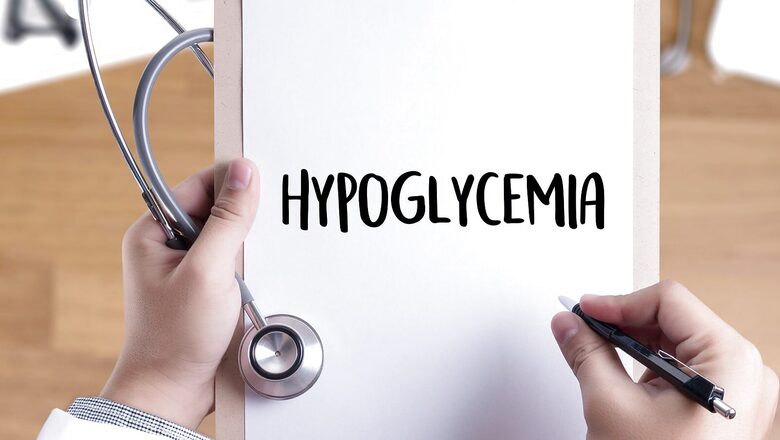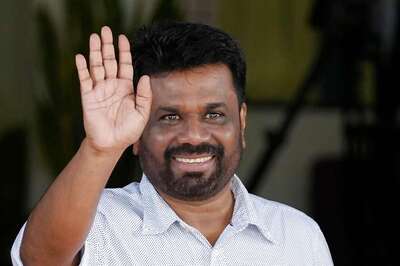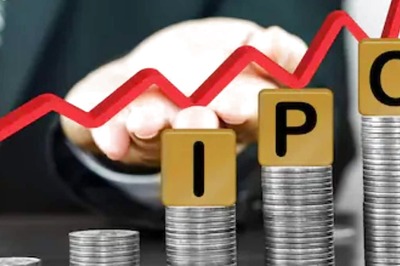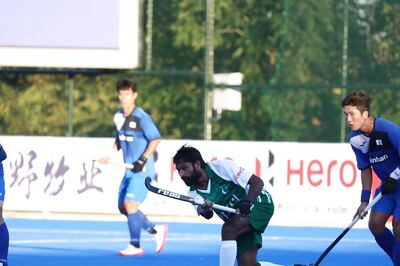
views
When a person with diabetes doesn’t have enough sugar (glucose) in their blood, they develop diabetic Hypoglycemia. Because glucose is the body’s and brain’s primary source of energy, you won’t be able to operate properly if you don’t have enough. Recognizing the early indications of an episode before it gets severe enough to cause you to fall out or worse is important.
One should pay close attention to Hypoglycemia’s warning signals and treat low blood sugar as soon as possible. If the condition isn’t addressed on time, it may be risky and can cause serious health problems. Keeping the sugar levels as close to normal as possible might help people avoid or delay significant long-term health concerns. So it’s crucial to know what to do and how to cure it right away.
What does it mean to have a low blood sugar level?
Hypoglycemia, often known as low blood sugar, is a condition caused by reduced sugar levels in your blood. Hypoglycemia’s intensity and symptoms differ from person to person. Low blood sugar may be diagnosed with blood testing, and symptoms go away as the sugar levels in the blood recover to normal. Blood glucose is the medical name for blood sugar.
What are the signs of low blood sugar and how to manage it?
Feeling sweaty, unsteady, and hungry are the initial indications of hypoglycemia. However, not everyone experiences these symptoms or recognizes them in time to avoid a worsening of low blood sugar. It’s also crucial to understand that as your T1D progresses, your hypoglycemia symptoms will vary. Feeling weak, having trouble walking or seeing clearly, acting odd or becoming disoriented, and having seizures are all signs of hypoglycemia as it worsens.
To aid in the prevention of diabetic hypoglycemia, one should follow these things:
- Keep an eye on your blood sugar levels is important. The only way to ensure that your blood sugar level stays within your desired range is to carefully monitor it.
- Meals and snacks should not be skipped or delayed. If you’re on insulin or oral diabetic treatment, keep track of how much you consume and when you eat your meals and snacks.
- Medication should be measured properly and taken on time. Follow your doctor’s instructions for taking your medicine.
- If you increase your physical activity, you may need to adjust your prescription or consume more snacks. The amount of adjustment is determined by the results of your blood sugar test, the kind and duration of the exercise, and the drugs you are taking.
- If you prefer to drink, have a meal or snack with alcohol. Hypoglycemia can be caused by consuming alcohol on an empty belly. Alcohol can also produce hypoglycemia that occurs hours later, making blood sugar monitoring even more crucial.
Read all the Latest News , Breaking News and IPL 2022 Live Updates here.




















Comments
0 comment